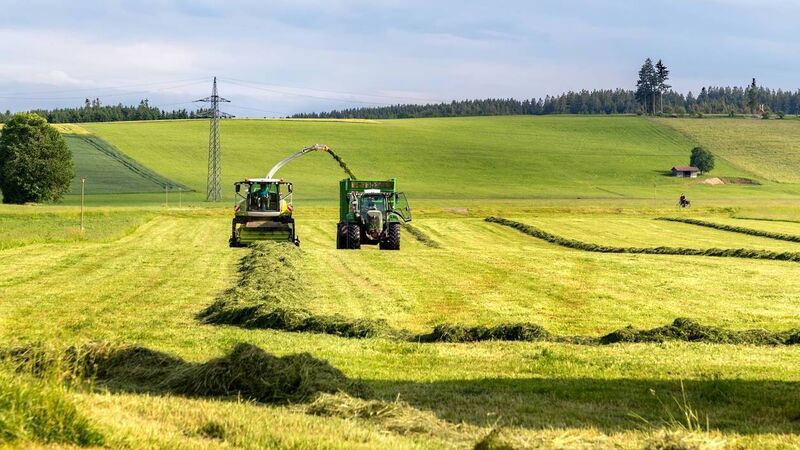John Whelan: Years after Brexit, Irish food sector faces even more volatility due to Trump

Brexit created problems for exporters but volatility from the Trump administration has made it a much more complex picture.
Try from €1.50 / week
SUBSCRIBE
Brexit created problems for exporters but volatility from the Trump administration has made it a much more complex picture.
When the UK left the EU in January 2020, many Irish companies bypassed the UK, particularly those in the agri-food sector. Many headed straight for mainland Europe, others for the Middle East, US, and Asia.
But many others persisted with their established customers in the UK and only survived through determination, perseverance, or, in some cases, a total redesign of their supply chain.
Already a subscriber? Sign in
You have reached your article limit.
Annual €130 €80
Best value
Monthly €12€6 / month
Introductory offers for new customers. Annual billed once for first year. Renews at €130. Monthly initial discount (first 3 months) billed monthly, then €12 a month. Ts&Cs apply.
Newsletter
News and analysis on business, money and jobs from Munster and beyond by our expert team of business writers.
Newsletter
Keep up with stories of the day with our lunchtime news wrap and important breaking news alerts.
Newsletter
Sign up to the best reads of the week from irishexaminer.com selected just for you.
Friday, February 13, 2026 - 11:00 AM
Friday, February 13, 2026 - 3:00 PM
Friday, February 13, 2026 - 11:00 AM
© Examiner Echo Group Limited